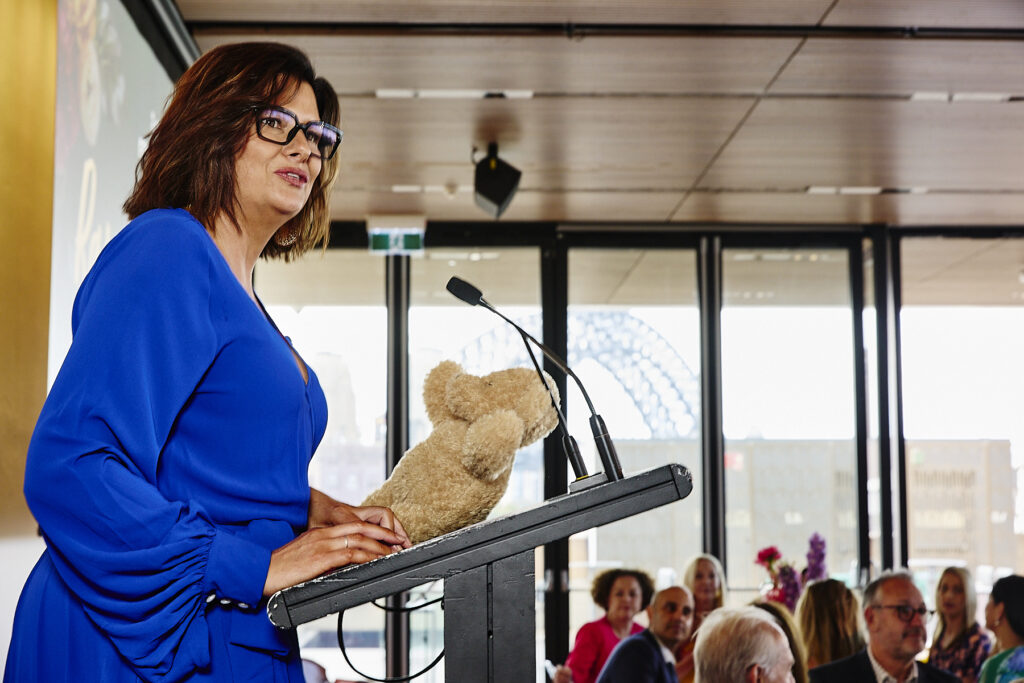Article from MedNews, By Megan Brodie
9 April 2025
After years of reviews, a lack of progress on innovative multi-cancer submissions, and now an extensive HTA reform agenda that is yet to be implemented, patients are frustrated at the slow pace of change, Rare Cancers Australia CEO Christine Cockburn among those fed up with continuous delays and preparing to fight if the incoming government does not show commitment to reform.
Laser-focused on RCA’s mission to end the cancer lottery for Australians who get the wrong type of cancer and are forced to self-fund treatments that are listed on the PBS for people with more common cancers, Cockburn admits she is nearing her wits end in RCA’s seven-year battle to achieve much-needed reform and change the outcome for people unlucky enough to get a rare or less common cancer.
“If I had one thing I could change, it would be to be ending the cancer lottery,” she tells MedNews. “Let’s stop being so conservative and get it done.”
RCA’s election manifesto spells out size of the problem – and the way forward, the day-to-day reality of delaying reform not lost on Cockburn who, just last week was speaking with a patient who had battled a rare, Stage 4 cancer for eight years self-funding treatments at $18,000 a round. If her cancer had been common, she would have paid just $31.60 per round.
“People are being discriminated against and we’ve got to stop that cancer lottery,” says Cockburn. “It is not acceptable in our society for such discrimination to be administered through system mechanisms. We won’t stand for it.”
Despite the obvious inequity, the government has continuously delayed reforms such as the pan-tumour and multi-cancer proposals for PD-(L)1s put forward by MSD and BMS that are aimed at addressing this very problem.
Cockburn says pan-tumour discussions commenced seven years ago while multi-cancer submissions were first considered by PBAC in 2023, yet nothing has changed.
“This is something we’ve been advocating for and waiting seven years for. It may be one of the only ways that rare and less common cancer patients get access to cutting edge technologies on the coattails, if you will, of better understood cancers with big data sets,” she says
“This kind of package deal, which includes those with rare cancers, is incredibly important for equitable access – something we’ve been really passionate about – but now what?
“The HTA Review, the New Frontiers Report, the Senate Inquiry into Rare and Less Common Cancers – it’s been documented again and again and again. We know what the inequities are, and we know what the solutions are. If we don’t see action, we can only assume that those inequities are intentional.”
While the PBAC and Department of Health continue to wave uncertainty as the reason not to fund therapies for rare cancers, Cockburn says Australia is foregoing the social and economic benefits of those who do respond to therapy.
“Sometimes there is clinical uncertainty on the outcomes, but after they’ve taken out their super and remortgaged their homes to get access, sometimes people go back to work, pay their taxes and raise their families. They go on to live a full life. We don’t yet understand why it works for some and not others, but we do understand things like microsatellite high and mismatch repair.
“The point is that if there’s a reasonable price that balances up the uncertainty, then we will get the real world evidence to figure out what’s actually going on. At the moment, we’re not learning. Giving people access gives them a fair chance while the real world evidence will teach us more.”
Cockburn says concerns the government is running the clock down on medicine patents, waiting for them to expire so the therapies become cheaper, is always at the back of her mind.
“In my darkest hours, I wonder what is causing the delay and whether it is things like patents, but I choose to believe that people in the bureaucracy are a little bit more human-focused than that,” she says.
“The question is, what kind of society do we want to live in? Yes, there is budget impact. Yes, these innovations are expensive, but there are human beings who deserve a chance at equity.”
A bridging fund not the only answer
RCA is part of the Bridging Fund Coalition initiated by AstraZeneca but Cockburn says if the system was appropriately reformed, a bridging fund would be unnecessary, particularly given it may not solve the problem as medicines need to be registered with the TGA to be eligible.
However, she says the fund is “an innovative and pragmatic attempt to move the dial”, hence why it has RCA’s blessing.
It is also just one of 50 recommendations contained in the HTA Review that RCA had hoped might be implemented quickly as a sign of good faith “and that all of our trust and all of our goodwill was actually bearing fruit”, but this did not occur so the organisation is strapping in, ready to work with the new government to achieve reform for its patients.
“On my brightest days, I hope that the intention is there from multi-stakeholders across government to put out this fire of discrimination that exists in access for cancer patients, but if this does continue to be kicked down the road, we have to get together as a sector and say, it’s enough,” she says.
“Enough lip service, enough can kicking, enough wasted resources. It costs us time and money to participate in all of this stuff and now we want to see a return. Our patients are dying waiting.
“If we have to join with multi stakeholders across this space including Medicines Australia, other patient organisations, and interested stakeholders to build critical mass and make sure that the importance of this is never misunderstood, then we will. We will work with any side of government to get this job done.”
You can subscribe to MedNews at www.mednews.com.au.
